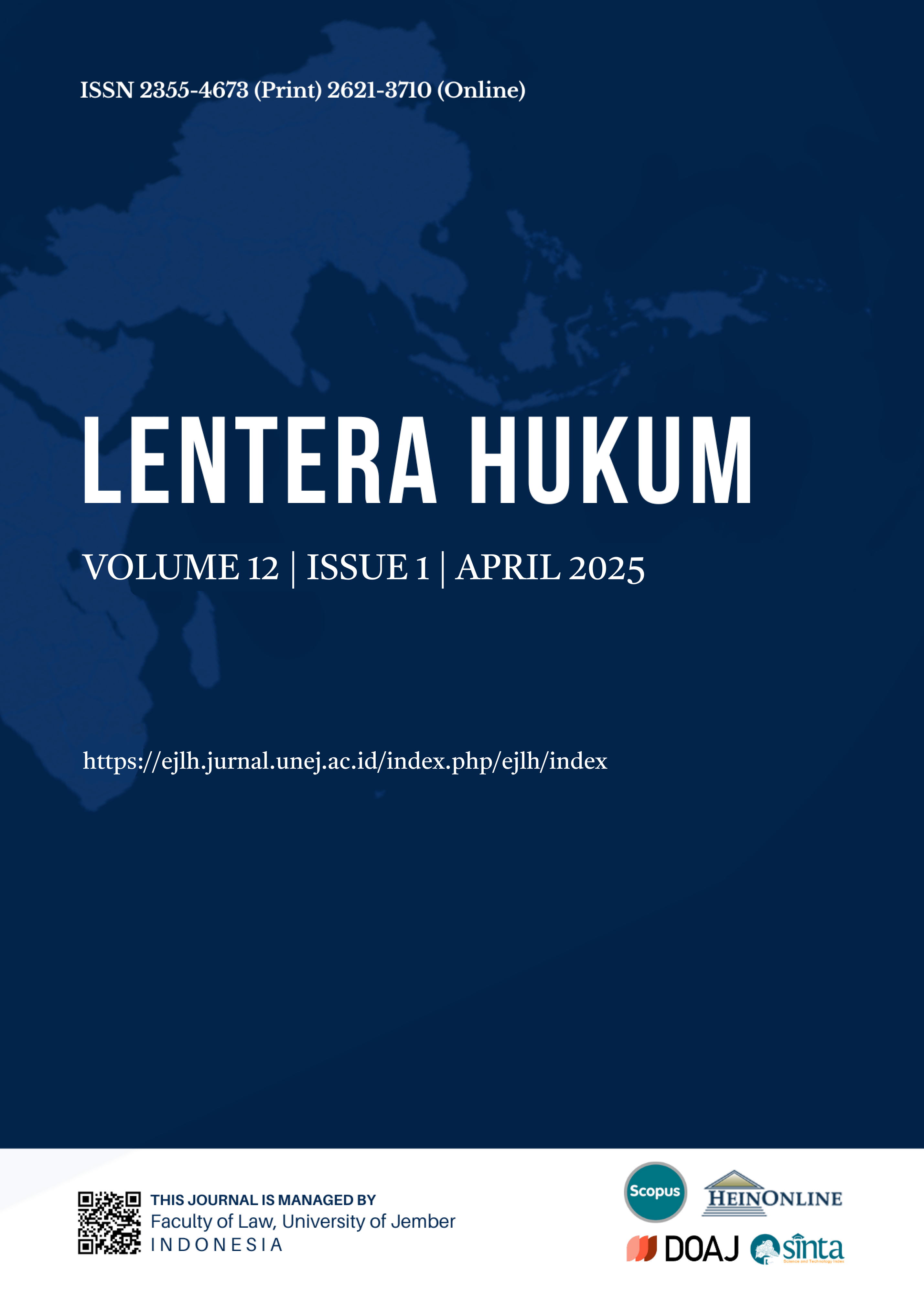Transforming Tax Policy Towards Gender Equality
Strategies for Indonesia and Global Challenges
DOI:
https://doi.org/10.19184/ejlh.v12i1.52888Abstract
Fiscal policy, especially in relation to state tax regulations, significantly influences gender disparity. This study aims to analyze and assess the issues at hand, ultimately formulating a design for tax reform that fosters gender equity. This research seeks to offer insights that could support the attainment of gender justice through the lens of tax policy in Indonesia. This study employs a qualitative research methodology utilizing a doctrinal research approach. Indonesia’s tax policies, despite undergoing various reforms, need to adequately consider gender-specific issues and the unique challenges that women encounter. The Indonesian G20 Presidency has highlighted the significance of Gender-Based Taxation (GBT) in addressing these disparities. Feminist tax policies may enhance family incomes and increase women’s workforce participation; however, they do not fully address the wider objectives of feminism. Tax policy reforms present numerous benefits compared to reforms in other legal areas, establishing it as an essential mechanism for advancing gender equality in Indonesia. Achieving equitable taxation requires the implementation of policies that are progressive and redistributive while also addressing gender issues. This includes the introduction of taxes on capital and wealth, alongside a reduction in reliance on consumption taxes. International frameworks such as CEDAW must be incorporated into fiscal policy to guarantee appropriate resource distribution aimed at addressing unpaid care work and enhancing investments in gender-responsive social services.
KEYWORDS: Tax Reform, Tax Law, Gender Equality, CEDAW, Feminist Tax Policy.
Downloads
Downloads
Published
Issue
Section
License
Copyright (c) 2025 Budi Ispriyarso, Ani Purwanti, Kadek Cahya Susila Wibawa

This work is licensed under a Creative Commons Attribution-ShareAlike 4.0 International License.



